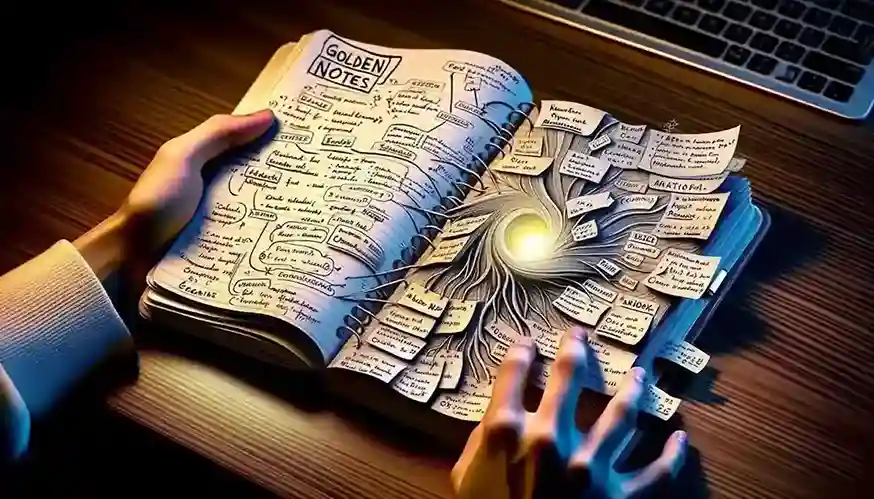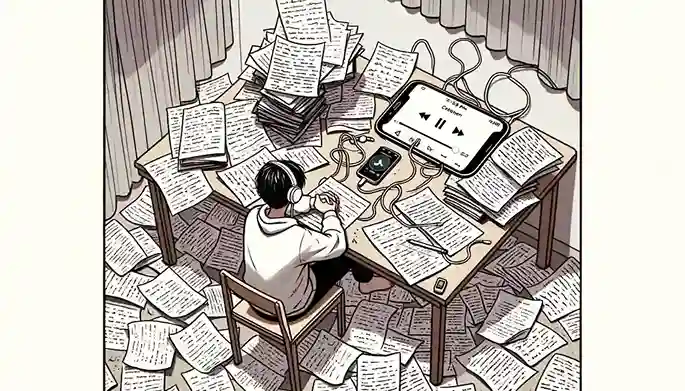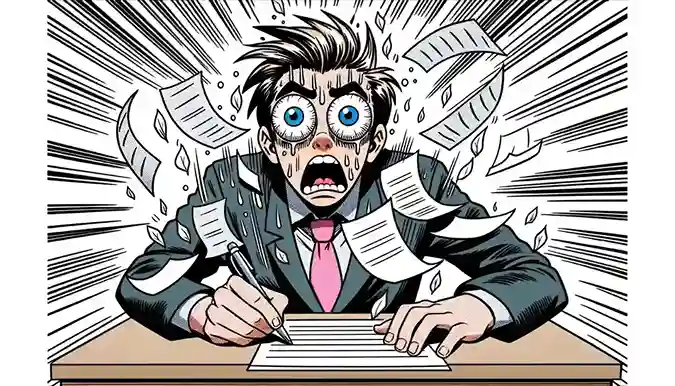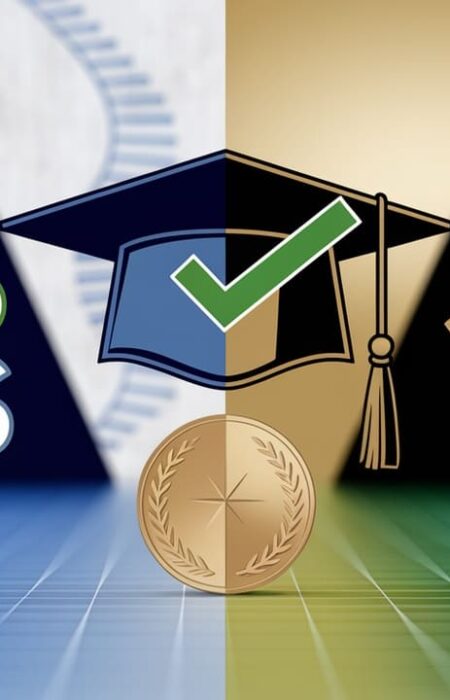How to Make Notes During Lectures for NEET
Hello future doctors. Note taking is an important skill to have as a student. I know, while studying it feels useless, ‘I have a textbook, why do I need to take notes every time?’ is that most students think. But, later on, when you revise the same chapter and you get stuck somewhere, you realize that notes would have helped.
Honestly, it’s good to take notes even when they won’t be of much use, like in biology. I usually zone out or feel sleepy during the lectures when I’m not taking notes. Taking notes helps me stay engaged in the lecture.
Let’s start with the tips now:
Be Prepared

First things first, you must have some stationary ready in your bag. Keep pens, a pencil, and some sketch pens in your bag at all times. Keep notebooks too, different books for different subjects. This is very important, you don’t want to spend your time trying to look for your notes instead of studying. Stay organized, keep different notebooks, you will thank yourself later.
Also, keep one pen in your pocket too. This will help you note down important stuff immediately before it evaporates from your head.
Transcribe the lecturer
See, most people would say that you should only try to jot down the keywords from a lecture. But honestly, I used to just transcribe the lecturer, write down exactly what the lecturer was saying. Word-to-word. I would suggest for you to do the same too.
If you cannot match the speed, then leave out numbers, formulas, and example questions. You can find these in the textbook too. The most important thing to note down are the concepts: Note them down in whatever way you have understood them.

You can write them down in Hinglish: this will make most of the work mindless and thus easier. My NEET notes were often written in bad handwriting and in 3 languages. No one except me could decipher them.
But they helped me recall concepts when I needed them.
Neatness? HAHA
Yes, clean notes are important, but not right now. Don’t open your kit of highlighters, ruler, eraser, sharpener etc while taking down notes. You can do all this later, for now just focus on noting down the important material. Just keep writing as fast as you can. You can form your own short forms and abbreviations. Use anything that helps your speed.
You have to complete a rough draft here, a rough quick draft. The final fair notes will be created only later.
Post-Lecture Touch-Ups
After the lecture is done and the next teacher is yet to arrive, you can just quickly go through what you have written. See, if you missed something, if you left something incomplete. Add a point that you forgot to mention before, add a trick that the teacher or your classmate mentioned. You should do this right then and there, immediately after the lecture.

We think that we will remember the small tricks or hacks that the teacher tells us, but it is only human to forget them. Later in the year, your mind will get so saturated that you will start forgetting basic things. So, it is always better to have everything written down.
What if I write very slowly?
See, I was a fast writer, but still it was difficult to keep up sometimes. The teachers speak so fast, the ppts go by so quickly, the board is wiped off in seconds. So, whenever I was unable to write, I just pulled out my mobile and recorded the lecture. I saved it as audio.
When I got back home, I used to listen to it and write down any notes if needed. This practice helped me revise and also understand some parts better. I kept the audios of the conceptual bits and deleted the easier ones.

You can also use this ‘Audio Notes’ technique to make your own notes. When you understand a particular concept very well, just record yourself explaining it. You can then replay the audio whenever you are stuck in the concept or even when you are bored and don’t feel like reading the textbook.
I used to listen to my audio notes during travel to and from my coaching class.
How to make most of the lecture
Engage with the lecturer, ask questions, stay alert. Try to attempt and answer every question. The number of times you answer wrong and embarrass yourself, the better. Don’t worry if everybody in the class is laughing at you. When you are disrespected and taught a concept, you remember it forever.
The worst thing you can do is sleep during good lectures. If a teacher is teaching you, you have paid money for the coaching class and you need to understand the lecture to clear NEET, then STAY AWAKE. Have coffee/ splash your face with cold water/ snack on dry fruits/ do anything, just stay awake.
How to use these notes
You will use these notes as your conceptual basis. Whenever you forget a concept, you get back to these notes. Or, you can also create a better set of notes, one which also includes points from the textbook. You can also go through the notes of the previous day when the day’s lectures haven’t started.

Keep revising these notes to stay in touch with the concepts. If you get stuck somewhere don’t hesitate to go and ask the lecturer as soon as you can.
Pro tip: Stay Organized
Keep your books very organized, keep a shelf in your house that is just reserved for the NEET notes. As I said already, make separate books for separate subjects. I had 400 page registers for Organic Chemistry, Physical Chemistry, Inorganic Chemistry, Physics, Zoology, Botany. I easily used more than 15 such 400 page registers in my NEET preparation. Using the right amount of resources and staying organized helps you find your notes on time and prevents time wastage.
Conclusion
As I said, write down what the professor says, word-by-word. It is the smart thing to do especially in conceptual topics, most of us medicos do so. Also, chill if your handwriting looks bad. It’s fine, there’s no handwriting competition going on here. If you feel like you are unable to write fast, switch to audio notes too.
Remember, just get the concept down, any way that you can.
So, this is how you will take notes in NEET lectures. Don’t just keep them in the shelf and forget about them, use them wisely too.
All the best dear aspirants.






